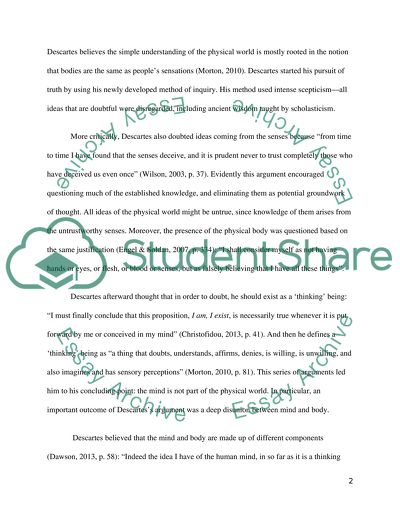Cite this document
(“Critically evaluate Rene Descartes's claim that the mind is not a part Essay”, n.d.)
Critically evaluate Rene Descartes's claim that the mind is not a part Essay. Retrieved from https://studentshare.org/philosophy/1488042-critically-evaluate-rene-descartesyies-claim-that
Critically evaluate Rene Descartes's claim that the mind is not a part Essay. Retrieved from https://studentshare.org/philosophy/1488042-critically-evaluate-rene-descartesyies-claim-that
(Critically Evaluate Rene Descartes'S Claim That the Mind Is Not a Part Essay)
Critically Evaluate Rene Descartes'S Claim That the Mind Is Not a Part Essay. https://studentshare.org/philosophy/1488042-critically-evaluate-rene-descartesyies-claim-that.
Critically Evaluate Rene Descartes'S Claim That the Mind Is Not a Part Essay. https://studentshare.org/philosophy/1488042-critically-evaluate-rene-descartesyies-claim-that.
“Critically Evaluate Rene Descartes'S Claim That the Mind Is Not a Part Essay”, n.d. https://studentshare.org/philosophy/1488042-critically-evaluate-rene-descartesyies-claim-that.


